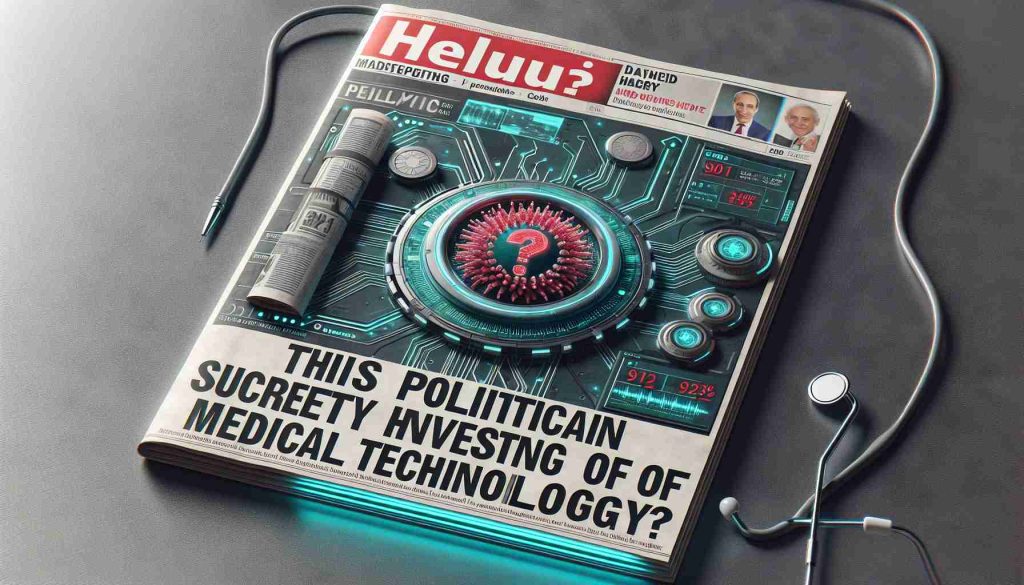In a recent maneuver aimed at optimizing its capital structure, Nokia announced the completion of a significant share buyback initiative. The company repurchased a staggering 157.6 million of its shares, each at an average price of approximately 3.81 euros. This strategic buyback was executed through public transactions on the Nasdaq Helsinki regulated market, among other multilateral trading venues.
The Impact on Nokia’s Financial Structure
The Finnish telecommunications giant’s buyback program, initially declared in March and expanded in July, has effectively reduced its unrestricted equity by 600 million euros. As a result, Nokia now holds over 209 million shares in treasury. This move potentially strengthens the company’s financial flexibility, offering opportunities for future corporate actions.
Plans for Share Cancellation
Nokia indicated plans to proceed with the cancellation of the repurchased shares by December. Such a step is likely to influence the company’s earnings per share positively, as it reduces the overall number of shares available in the market.
The completion of this buyback signals Nokia’s commitment to enhancing shareholder value and managing its capital more efficiently. Market observers are keenly watching to see how these moves will affect Nokia’s strategic endeavors and financial health going forward.
Nokia’s Bold Move: A Game Changer or Just Smoke and Mirrors?
In a world where financial strategies can make or break companies, Nokia’s recent share buyback program has sparked discussions far beyond its initial announcement. The Finnish tech giant’s decision to repurchase and potentially cancel 157.6 million shares poses intriguing questions about its future and the ripple effects on its stakeholders.
Exploring the Wider Implications
The ramifications of Nokia’s buyback are complex and multi-faceted. While share repurchase programs are a common tactic aimed at boosting shareholder value, they rarely exist in a vacuum. By reducing the total number of shares available in the market, these initiatives can inflate earnings per share, potentially making the company appear more profitable. This can be advantageous in attracting new investors or retaining existing ones by demonstrating strong financial health.
However, one must wonder, does this buyback genuinely add intrinsic value to Nokia, or is it merely a superficial enhancement for short-term gains?
Are Buybacks Truly Beneficial for the Broader Economy?
Critics often argue that share buybacks prioritize shareholders over other stakeholders, such as employees and consumers. Instead of investing surplus cash into R&D, new product lines, or expanding workforce, companies might use buybacks to artificially inflate stock prices. This could lead to a lack of investment in innovation, potentially stunting long-term growth and negatively impacting the industry and employment rates.
Analyzing the Advantages and Disadvantages
Advantages:
– Increased Shareholder Value: Shareholders may experience a rise in stock value due to decreased supply.
– Signal of Confidence: Buybacks can signal management’s confidence in the company’s future prospects.
– Tax Efficiency: For investors, returns may be more tax-efficient compared to dividends.
Disadvantages:
– Opportunity Cost: Funds used for buybacks could have been allocated to other growth opportunities.
– Market Suspicion: Some may view buybacks as a desperate move to prop up declining stock prices.
– Economic Inequality: These tactics can exacerbate income inequality if gains are concentrated among top executives and wealthier shareholders.
Controversial Questions Arise
– Is Nokia prioritizing shareholder satisfaction over potential development and expansion?
– Are buybacks a sustainable strategy for companies in the ever-competitive tech market?
– Could Nokia’s focus on buybacks stall its innovation amid rapid technological changes?
These questions linger in investors’ and stakeholders’ minds, urging a deeper analysis of Nokia’s long-term strategy.
Concluding Thoughts and Future Outlook
Nokia’s recent actions underscore the delicate balance between maintaining shareholder satisfaction and pursuing sustainable growth. This buyback initiative could either propel Nokia to new heights or merely act as a short-lived solution. It’s a move that will undoubtedly keep the market engaged as Nokia navigates the intricacies of the tech landscape.
For further insights into share buybacks and market strategies, readers may visit Investopedia or explore more about Nokia and its market activities at Reuters.






















